
Depending on your illness, injury or other health concern, there are various places you and your whānau can access healthcare. In an emergency, call 111.
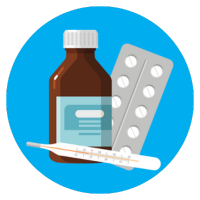 Care at home
Care at home For information and advice about health concerns or guidance about when to seek medical care, see:
Healthify A – Z is a New Zealand website with easy-to-read information on a wide range of health conditions – from abdominal pain to the Zika virus – including how to recognise symptoms and tips for prevention, self-care and treatment.
Phone your General Practice (GP) anytime 24/7. After opening hours, your call will be directed to another healthcare provider.
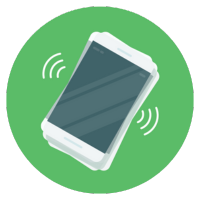
Call Healthline 0800 611 116 24 hours a day / 7 days a week for free health advice from a registered nurse if you’re feeling unwell but not sure whether you need to see a doctor or if you need urgent health advice.
Healthline has interpreters available for non-English speakers.
The disability helpline is also available for free on 0800 11 12 13 or text #8988, and can be accessed by using the NZ Relay Service.
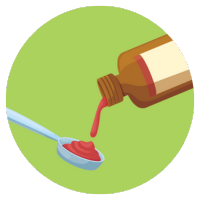 Pharmacy or chemist
Pharmacy or chemistYour local pharmacist is a registered health professional who can offer health advice on a range of common conditions and what kinds of medicine you might need.
They may also provide some vaccinations and free health checks. Find a pharmacy near you.
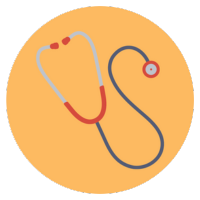 Your GP, family doctor or medical centre
Your GP, family doctor or medical centreOne of the most important things you and your family can do to look after your health is to register with a general practice in your area, so you have your own doctor.
Your general practitioner (GP) or family doctor is the person who provides most of your primary health care (the first contact you or your whānau have with the health system).
They can develop a relationship with you and have a better understanding of your unique healthcare needs. They’re the person you go to if you’re sick or if you need a check-up.
See your GP for long-term care, ear pain, stubborn coughs and colds and pain management.
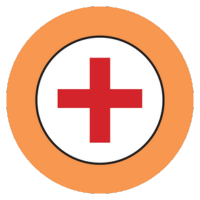 Urgent care clinic
Urgent care clinicIf your family doctor is not available, your local Urgent Care Clinic (Accident and Medical), or after-hours clinic can provide urgent care for illnesses and injuries.
You don’t need to make an appointment to be seen. Some are open 24/7 and provide free or low-cost care for children under 13 years old, adults over 65 years old and people with low incomes.
Find an Urgent Care Clinic. To learn more about the fees charged by a particular clinic, visit their page on Healthpoint.
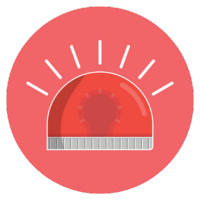 Hospital – Emergency Department or ambulance
Hospital – Emergency Department or ambulanceIn an emergency, dial 111 and ask for an ambulance.
The Emergency Departments at Auckland City and Starship Hospitals should be used in an emergency for critical or life-threatening situations. These include having chest pain, difficulty breathing, severe pain, bad burns, loss of consciousness or after a serious accident.
If you cannot travel to the Emergency Department yourself, you should dial 111 and ask for an ambulance.
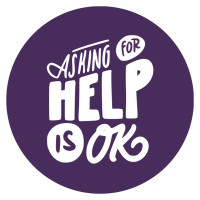 Mental health crisis helpline
Mental health crisis helpline Call 0800 800 717 for 24 hours a day / 7 days a week help if you are dealing with a mental health crisis. Or, you can call 1737 to speak with a trained counsellor from anywhere in New Zealand.
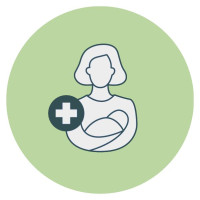 Labour and Birthing
Labour and BirthingPeople who may be in labour, or would like advice, can call our National Women’s Health Labour and Birthing suite on 09 307 2888, 24 hours a day / 7 days a week.
Call 111 in an emergency if you are concerned about yourself or your baby.